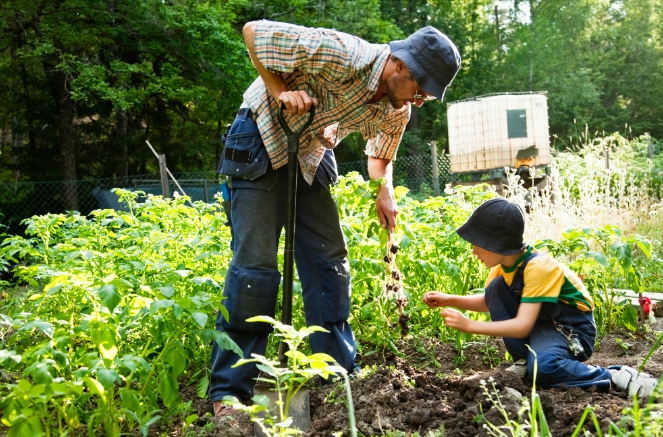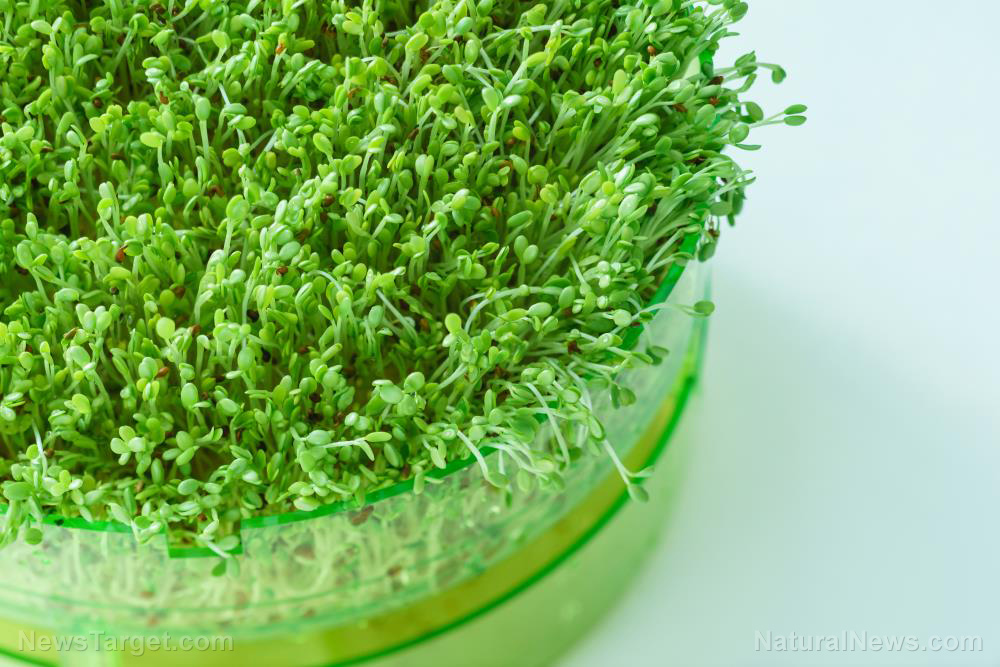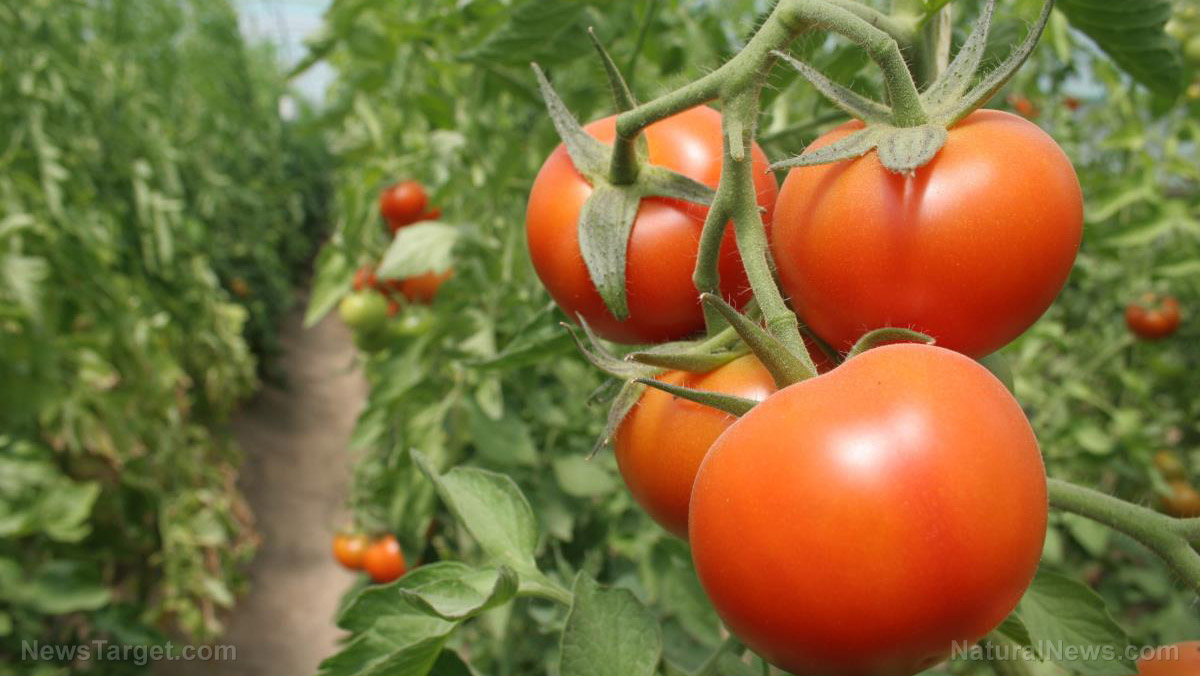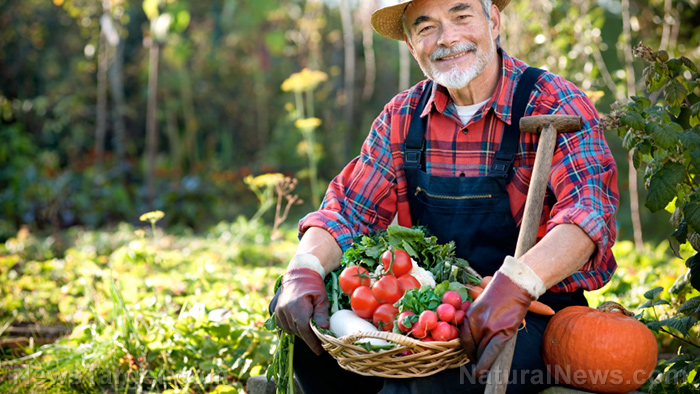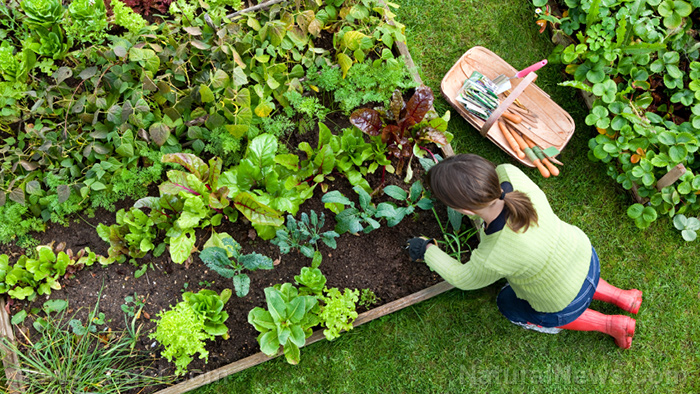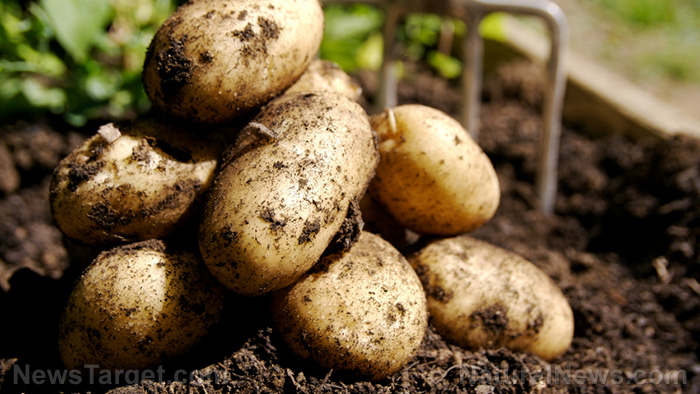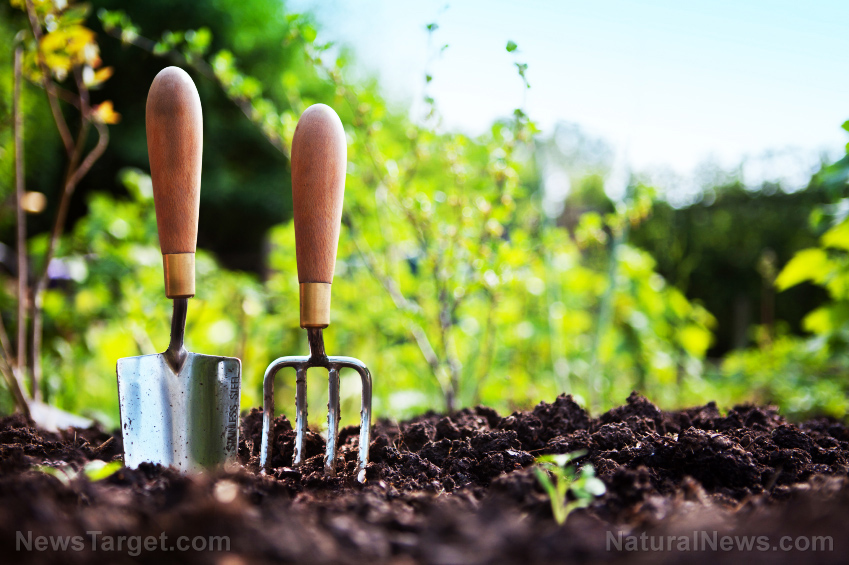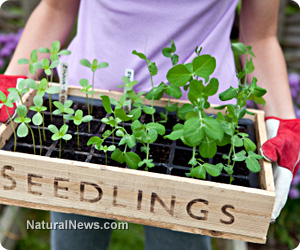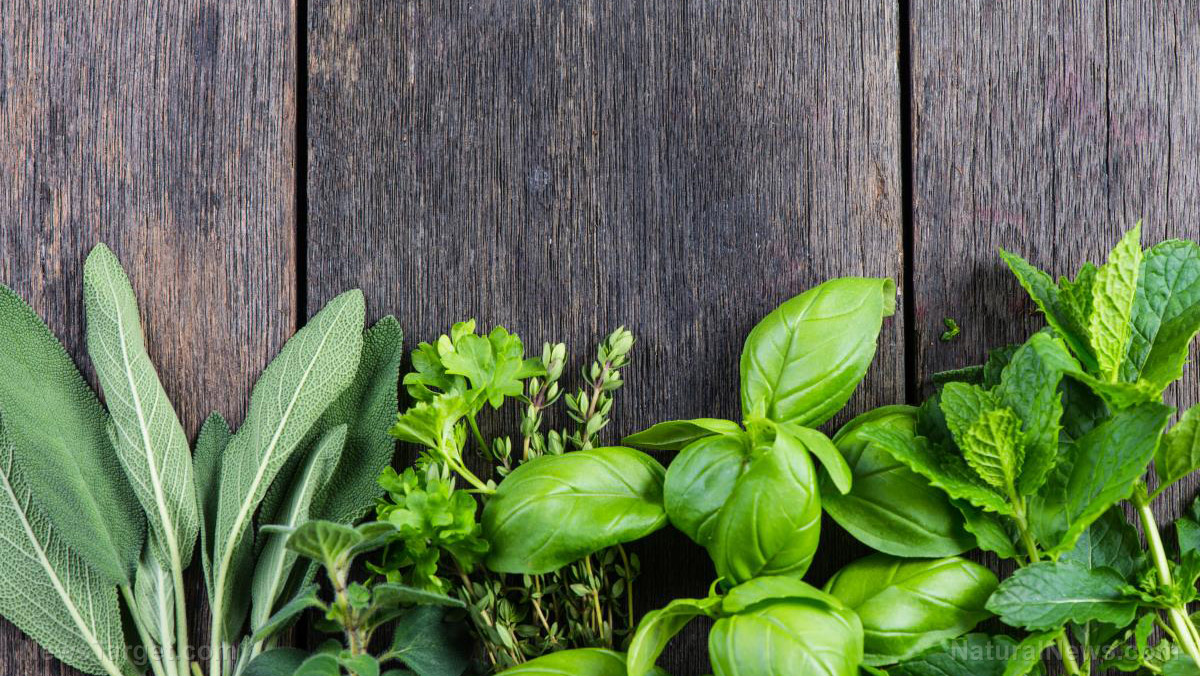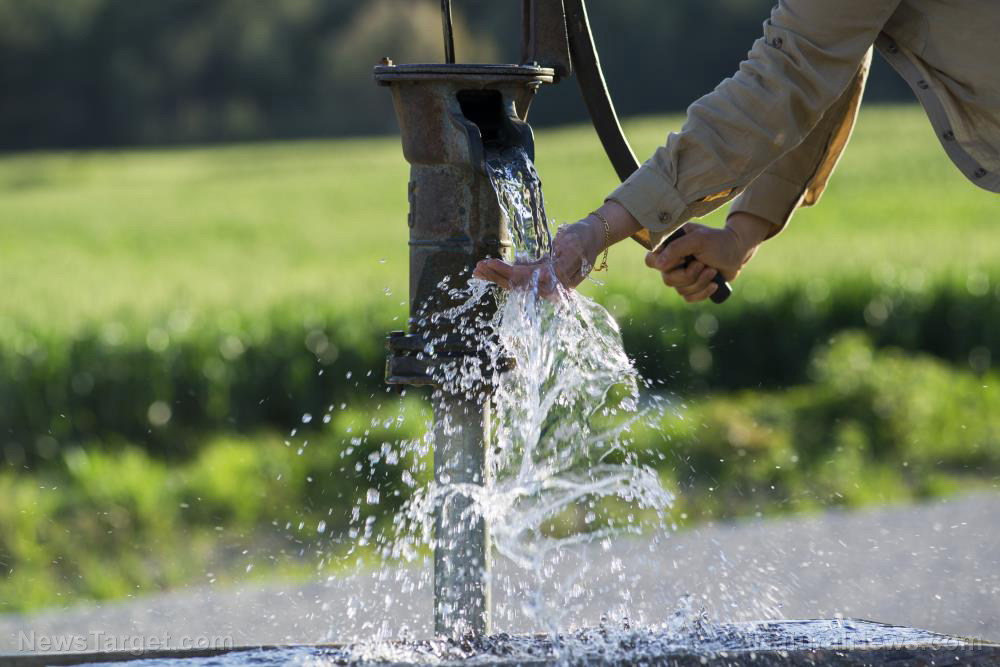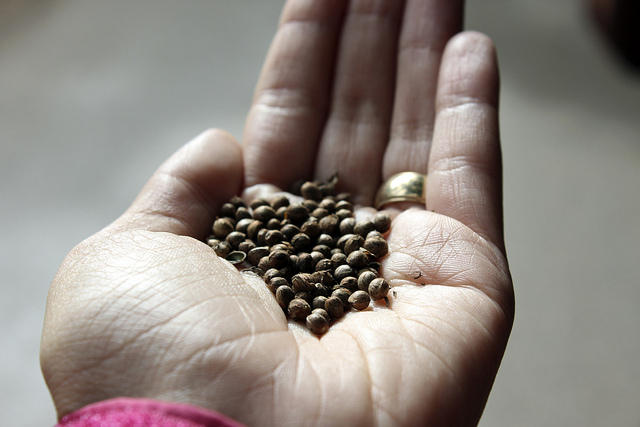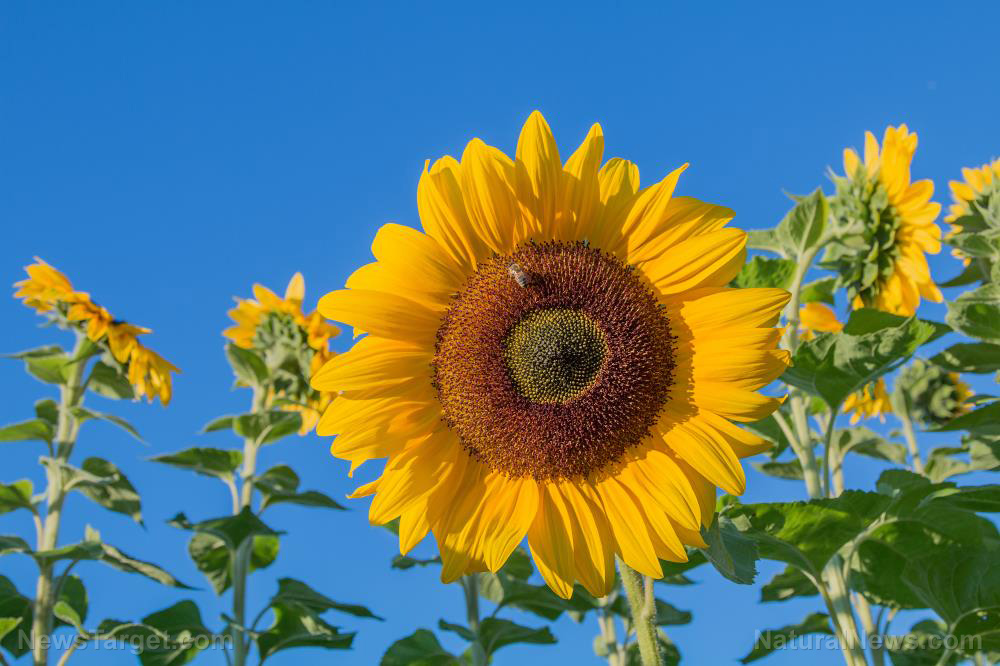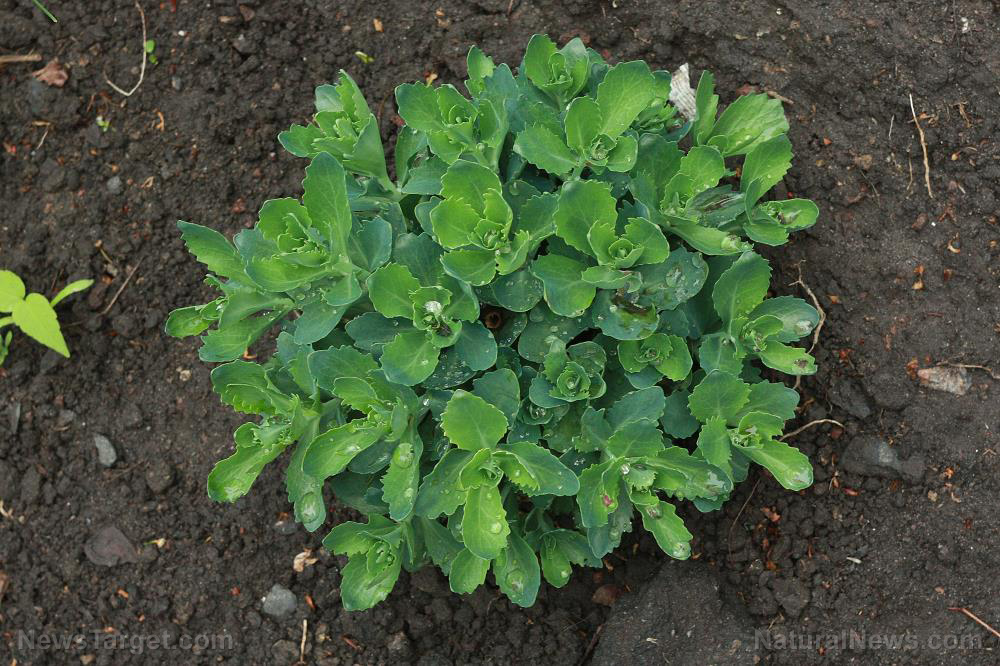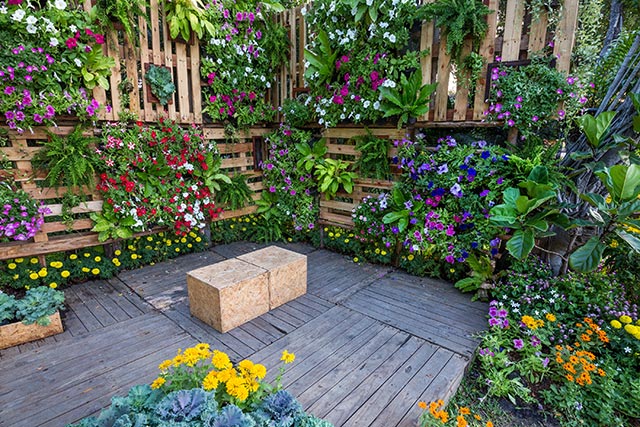Home gardening tips: The pros and cons of using heirloom, open-pollinated and hybrid seeds
07/26/2021 / By Zoey Sky
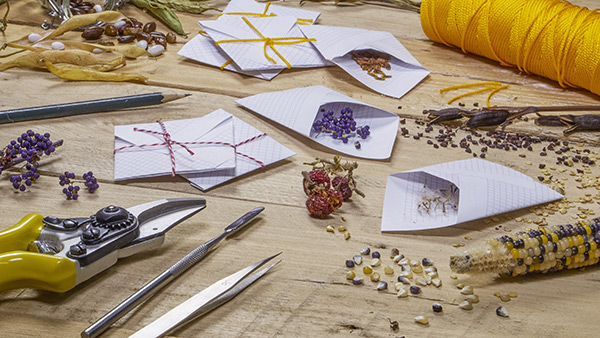
If you’re considering starting a home garden, you have a variety of seeds to choose from. Your options include heirloom, open-pollinated and hybrid seeds. The three kinds of seeds come with their own pros and cons, as detailed below.
Read on to learn what kind of seeds will suit your home garden best. (h/t to PrepSchoolDaily.Blogspot.com)
Heirloom seeds: Developed through years of cultivation
Heirloom seeds have been around for more than 100 years. If your grandparents had a home garden, they probably grew fruits and vegetables using heirloom seeds.
Heirloom seed varieties originate from open-pollinated plants and they often pass down desired traits from parent plant to child plant. These valuable characteristics are developed through years of cultivation and can include:
- Climate adaptability
- Flavor
- Hardiness
- Pest and disease resistance
- Productivity
Seeds are considered an heirloom variety if they originate from plant varieties that are at least 50 years old. All heirloom seeds come from open-pollinated varieties, but not all open-pollinated plants are heirloom plants.
Here are some of the benefits of heirloom seeds:
- They are more affordable compared to hybrid seeds.
- Produce from heirloom seeds usually have a better flavor.
- Crops from heirloom seeds have adapted to your local climate.
- Heirloom seeds breed true and this means you can collect the seeds from your harvest this year. Once dried and preserved properly, these seeds can be planted again next year to get the same fruit or vegetable.
Some cons of heirloom seeds include having to plant crops away from related varieties to prevent hybridization. Additionally, the produce from heirloom seeds generally doesn’t store as well as its hybrid counterparts.
Buy heirloom seeds at the local garden center or nursery. If you need heirloom seeds that suit your specific region, check local seed exchange groups.
Once you have heirloom seeds, practice seed saving so you can continue to plant them each year. While heirloom seeds are often organic seeds, this isn’t always the case. Check the label on the seed packet or research the seed company to verify that they are U.S. Department of Agriculture (USDA)-certified organic.
Common heirloom vegetable seeds include heirloom basil, Brussels sprouts, cauliflower, eggplant, kale, radishes, tomatoes and turnips.
Popular types of heirloom flower seeds include marigolds, morning glories, nasturtiums and zinnias.
Open-pollinated seeds: Fertilized via natural methods
Open-pollinated (OP) seeds haven’t been around as long as heirloom seeds, but they are very similar. OP seeds can also be saved and they breed true.
Open-pollinated seeds come from plants fertilized by natural methods like pollinator insects, birds, rain and wind.
If you have two plants of the same variety cross-pollinated by one of these methods, the resultant seed grows into a plant similar to the parent plants, with some slight variations. These variations result in genetic diversity that allows the seeds to gradually adapt to the local climate.
One disadvantage of growing open-pollinated plants is that you have to keep the plants isolated from other varieties of the same type of plant for seed saving. If cross-pollination occurs between open-pollinated plants and a dissimilar plant variety within the same species, the resulting plant will produce seeds with different characteristics. It can also lose its beneficial traits.
Hybrid seeds: A cross of two similar varieties
Hybrid seeds are not necessarily genetically modified and these kinds of seeds are a cross of two similar varieties. Note that the seeds from their produce will not breed true. Most hybrid seeds available for purchase are non-GMO.
GMO (genetically modified) seeds are produced in a laboratory via gene splicing and other types of genetic manipulation. GMO seeds are often used by large-scale commercial growers, so you probably won’t find them in a seed catalog or at the local garden center.
Plant breeders produce hybrid seeds by cross-pollinating two plant varieties to create a hybrid with positive traits from each variety via a process called hybrid vigor.
What kind of seeds should you use?
When comparing the three kinds of seeds above, heirloom or OP seeds are usually the most beneficial if longevity is part of your gardening plan. Both kinds of seeds are sustainable and if you continue to garden after twenty years, you will still be growing the same produce that you start out with now. (Related: A homesteader’s guide to seed saving.)
However, hybrid seeds are also worth considering if you’re worried about changes in the climate like cool temperatures, heat, drought, humidity, or disease. Using hybrid seeds also eliminates the long wait for your crops to produce seed.
With hybrid seeds, you also don’t have to worry about separating your crops to prevent cross-pollination, which may be a problem if your home garden is small.
When choosing seeds, consider the pros that work in your favor and the cons that you can deal with in the long run.
- Heirloom and OP seeds produce crops with superior flavor.
- Hybrid seeds have impressive yields, but the flavor is often sacrificed.
- Heirloom and OP seeds can be saved for future planting seasons and they will produce better crops year after year since if you’re planting in the same place, you can select only the best fruits for seed-saving. This ensures that your seeds are tailor-made for your specific climate, soil and other conditions.
Before you start a home garden, read up on the pros and cons of growing crops using either heirloom, hybrid or open-pollinated seeds.
Visit HomeGardeningNews.com for more tips on how to start a home garden so you can grow your own food.
Sources include:
Tagged Under: crops, gardening tips, green living, harvest, heirloom seeds, home gardening, homesteading, how-to, hybrid seeds, off grid, open-pollinated seeds, Plants, preparedness, prepping, seeds, survival, survival food, sustainable living
RECENT NEWS & ARTICLES
COPYRIGHT © 2017 HOME GARDENING NEWS com


